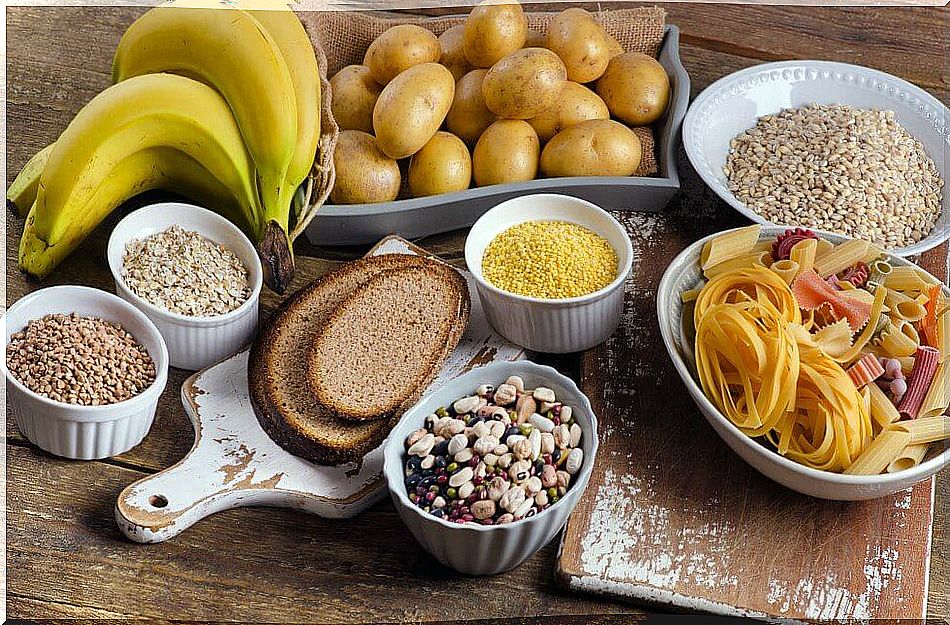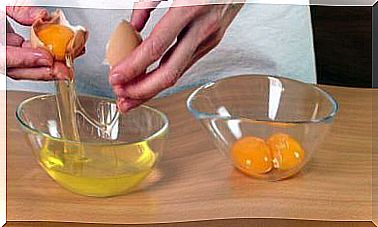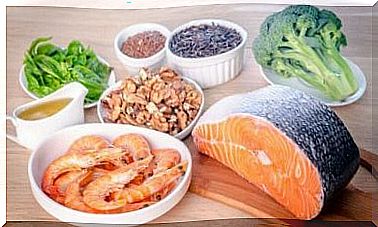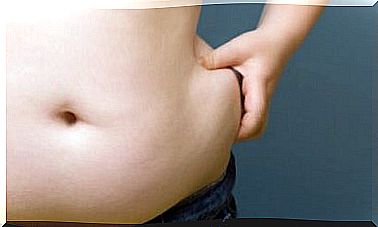10 Myths Of Today’s Diet That You Should Banish
Many myths of diet have no scientific basis and can cause us to lose vitamins or, instead of losing weight, we are even gaining it.

When it comes to dieting, we face an extensive list of difficulties. They may prevent us from achieving the goal of losing weight in a healthy way and, in addition, the weight loss achieved does not last over time. The main enemies of diets are the myths of food.
In a society in which there is a flood of information, it is not surprising that countless hoaxes are constantly being spread about the effects of some foods on body weight. Therefore, we will explain the 10 myths of food that you must completely banish from your life.
10 common eating myths

1. Eating fruit for dessert makes us gain weight
Many people say that eating fruit after a meal can make us fat. However, this statement does not have full validity, since scientifically it has not been possible to verify such a belief.
There is no reason to believe that fruits will give you more calories for having eaten them after meals. Or by eating them at night or other specific times.
Fruits are foods that have the same amount of calories no matter when you eat them. On the contrary, fruits are low in calories and offer important nutrients for the body such as water, fiber, minerals, vitamins and natural sugar.
2. Eating whole grain products makes you lose weight
Most people who are on a diet feel convinced that they will lose weight just by eating whole grain products. It is not like this. This is one of the most common eating myths out there.
Really, whole grain products are worth eating, but not because they alone make you lose weight, but because they contain more fiber and minerals than those made with refined flours. In fact, they may have the same amount of calories.
The benefit is that fiber creates a feeling of satiety, according to a study published in the European Journal of Clinical Nutrition. Therefore, it can help reduce hunger and, therefore, control the anxiety to eat, which is what does prevent you from losing weight.
3. Juices lose vitamins
For some years now, the suitability of taking juices instead of fruits has been debated. Many recommend consuming only the fruit. This is because the juice supposedly loses its amount of vitamins.
However, this is not true. The amount of vitamins in the juice remains intact over the hours.
Experts such as Deborah García Bello, chemist, scientific communicator and author of ¡Que se van las vitamins! They comment that it is not necessary that you prepare the juice and consume it immediately for fear of the loss of vitamins.
4. Vegetable fat is less fattening than that from animal sources
It is advisable to consume vegetable fats instead of animal fats, but not because they have fewer calories. In reality, the calories provided by both types of fat are equal to 9 kcal / g.
The benefit of vegetable fats is that they have high contents of unsaturated fatty acids, which are essential for the proper functioning of the body. Also, fatty vegetables have many micronutrients.
However, there are animal foods with a high concentration of these fatty acids, such as fish. So these foods should not be missing in your diet.
Also, the most recent research affirms that saturated fats are not harmful to health. Do not be afraid of consuming them. The problem only resides in the intake of trans fatty acids.
5. Do not eat carbohydrates

This may be one of the most damaging eating myths, as far too many people believe it, without it being true.
In general, carbohydrates are believed to be primarily responsible for excess weight. However, they are actually the most important compounds in the diet, since they are responsible for providing the energy necessary for the body to function.
Of course, it is preferable to opt for complex carbohydrates, such as vegetables, grains and cereals.
6. Light products , by themselves, help you lose weight
Many fall into the error of believing that they are eating healthier because they only consume light products . In fact, some believe that because they are light they can afford to eat more, when the reality is otherwise. These products are the same as the originals, but with a decrease in some of its components.
That is, if you eat a cookie with the light label it may be exactly the same as the traditional one, but in a smaller presentation. In certain cases, the presentation may be the same but some calories have been removed from its contents.
However, in any of the cases, if you eat a lot of this product you will not have saved any calories.
7. Bread makes you fat
By itself, no food product makes us fat. It is one of the most widespread food myths.
Bread may have a high caloric intake, but what makes you fat is not the bread itself, but rather consuming in total many more calories than you require.
- Whether it is bread or any other food, if you eat it in excess, exceeding the limit of the necessary daily calories, you will gain weight.
8. Beer makes you fat

Many associate beer with the appearance of the so-called “beer belly”. However, several studies, such as the one published in the European Journal of Clinical Nutrition, have shown that beer is not associated with obesity.
Be careful, that does not mean that it is precisely healthy consumed in large quantities and on a regular basis. As always, excesses are harmful and, above all, with alcohol.
9. No dinner
Many stop eating dinner to lose weight and others do it to get their ‘metabolism up to speed’. Don’t make that mistake. With this you will only go hungry and you will be predisposing yourself to make forays into the kitchen at night, and not precisely to look for healthy food, but snacks and whatever you catch.
Instead of skipping dinner, it is best to watch what you eat at night and look for options that are light, nutritious and satisfying enough. You should also bear in mind that it is good that you avoid eating late at night, as this will affect the quality of sleep.
10. Eliminate sugar
When referring to the damage that this element can cause, it is talking about refined sugar. It is necessary to consume a certain amount of sugar, but always in moderation.
Be that as it may, if you want to carry out an adequate diet, you should seek the advice of a nutritionist. That way, you will make sure you know what your body’s needs are and the appropriate requirements.
Discover: What are the differences between glucose and fructose?
Still in doubt?
You can consult the Guide on Hoaxes in Food that dismantles the main false beliefs about food. On the other hand, you can always consult with your doctor about any concerns you may have about your diet, weight or any other aspect of your health. Keep in mind that, in addition to improving your diet, it is essential to ensure regular physical exercise.









